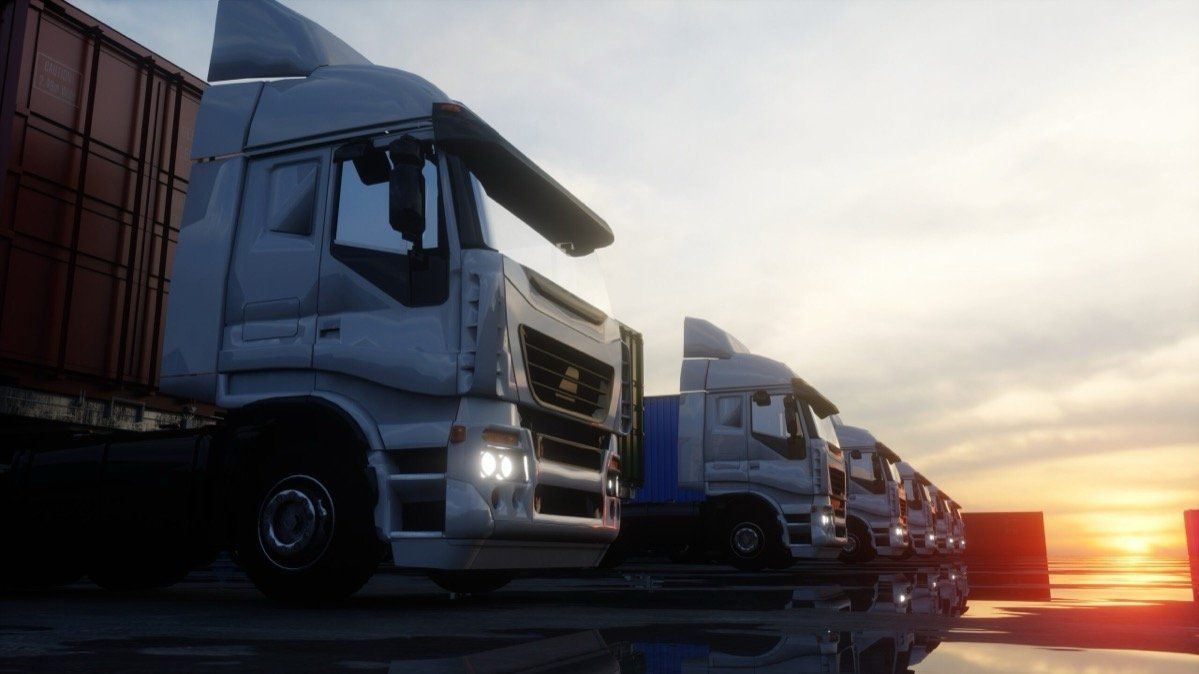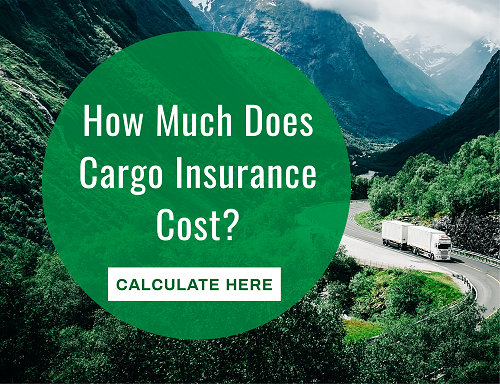May 08, 2017 | Cargo Insurance, Industry Insights
An Inside Look at Declared Value Vs. Cargo Insurance

 Shippers often mistake declared value coverage with Cargo insurance, but in fact they are quite different. It is important to understand these differences and how claims are paid under each type of policy. Following is a brief overview of how these policies work.
Shippers often mistake declared value coverage with Cargo insurance, but in fact they are quite different. It is important to understand these differences and how claims are paid under each type of policy. Following is a brief overview of how these policies work.
The practice of declaring a value for carriage occurs when a shipper wants the option to pursue a recovery amount that exceeds the carriers stated limits should a loss occur. Declaring a value does not increase the carriers scope of liability, it simply allows the shipper to pursue a higher recovery. Consider a scenario in which a shipper’s goods are valued at $200,000 and the chosen carrier has a stated maximum liability of $100,000. To make up for the shortfall, the shipper can declare a value of $200,000 and pay additional charges for the $100,000 increase in liability.
It’s important to note, however, that the exclusions, limitations, and terms of the bill of lading still apply and, even more importantly, in the event of a claim the shipper needs to provide evidence that the loss was caused by the carrier. Just because the shipper paid for the additional coverage doesn’t necessarily mean that any type of loss or damage that occurs while in the care, custody and control of the carrier will be fully recovered. Legal liability on the part the carrier must be proven. In addition, carriers have several established defenses with regard to cargo damage, including acts outside of their control, acts of God, and insufficient packing, among others. Take this scenario, for instance. On the way to the airport, a trucker was held at gunpoint and the cargo was stolen. The driver took no additional risks and was following his regular route. The cargo claim was denied due to the lack of contributory negligence on the part of carrier.
Now let’s take a look at Cargo insurance, which directly protects the goods on behalf of the shipper against physical loss or damage according to the policy terms. The shipper does not have to prove that the carrier is legal liable for the damage. If there is a covered claim, the shipper will be reimbursed for its full-insured value for a 100% loss or reimbursed proportionally for partial losses. Cargo insurance is clearly the better alternative for shippers, but declared value does have its place for some items such as commodities that cannot be insured for all-risk coverage.
Purchasing Cargo insurance allows shippers to eliminate gaps in coverage and protect their financial interests. Roanoke Insurance Group specializes in providing insurance solutions to transportation and logistics providers, and will be happy to review specific coverage details with you. For information about our insurance products and services, please contact one of our Roanoke Insurance Group professionals at 1-800-ROANOKE (800-762- 6653).













